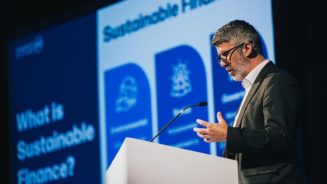The office issued the warning as it launched a new crackdown on the schemes, called Project Super Scheme Smart, which is designed to educate advisers and taxpayers about these types of schemes.
“Currently we are seeing a number of schemes targeting Australians planning for their retirement. These schemes encourage individuals to channel money inappropriately through their self-managed superannuation fund (SMSF),” it said in a statement.
“We’re having considerable success in identifying tax avoidance schemes and we are taking action to encourage compliance in a co-operative way. We are also closing down those schemes which are designed to provide an unfair tax advantage.”
The government office warned that penalties for those involved in deliberate tax avoidance schemes were substantial and said they aren’t just financial.
“An individual may well lose their right to be a trustee of their own super fund; or in some cases they could go to jail. Promoters of these schemes are also on our watch list.”
Schemes the Tax Office is on the lookout for have similar characteristics.
They:
– are artificially contrived with complex structures usually connecting with an existing or newly created SMSF,
– involve a significant amount of paper shuffling,
– are designed to give the taxpayer minimal or zero tax, or even a tax refund,
– aim to give a present day tax benefit by adopting the arrangement,
– invariably sound ‘too good to be true’, and as such they generally are.
In particular the Tax Office identified the following schemes:
– Dividend stripping – Where the shareholders in a private company transfer ownership of their shares to a related SMSF so that the company can pay franked dividends to the SMSF. The purpose being to strip profits from the company in a tax-free form.
– Non-arm’s length limited recourse borrowing arrangements – When an SMSF trustee undertakes limited recourse borrowing arrangements (LRBAs) established or maintained on terms that are not consistent with an arm’s length dealing.
– Personal services income – Where an individual (with an SMSF often in pension phase) diverts income earned from personal services to the SMSF where it is concessionally taxed or treated as exempt from tax.




